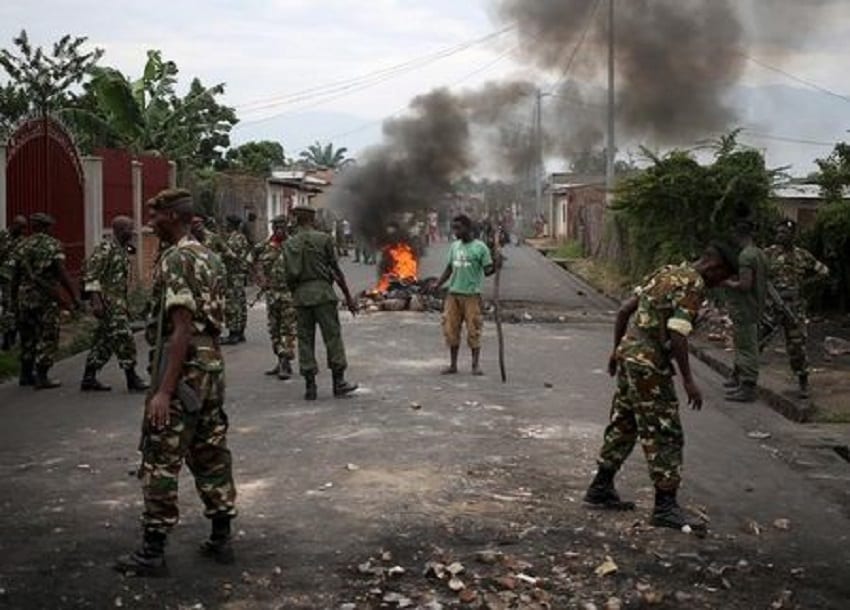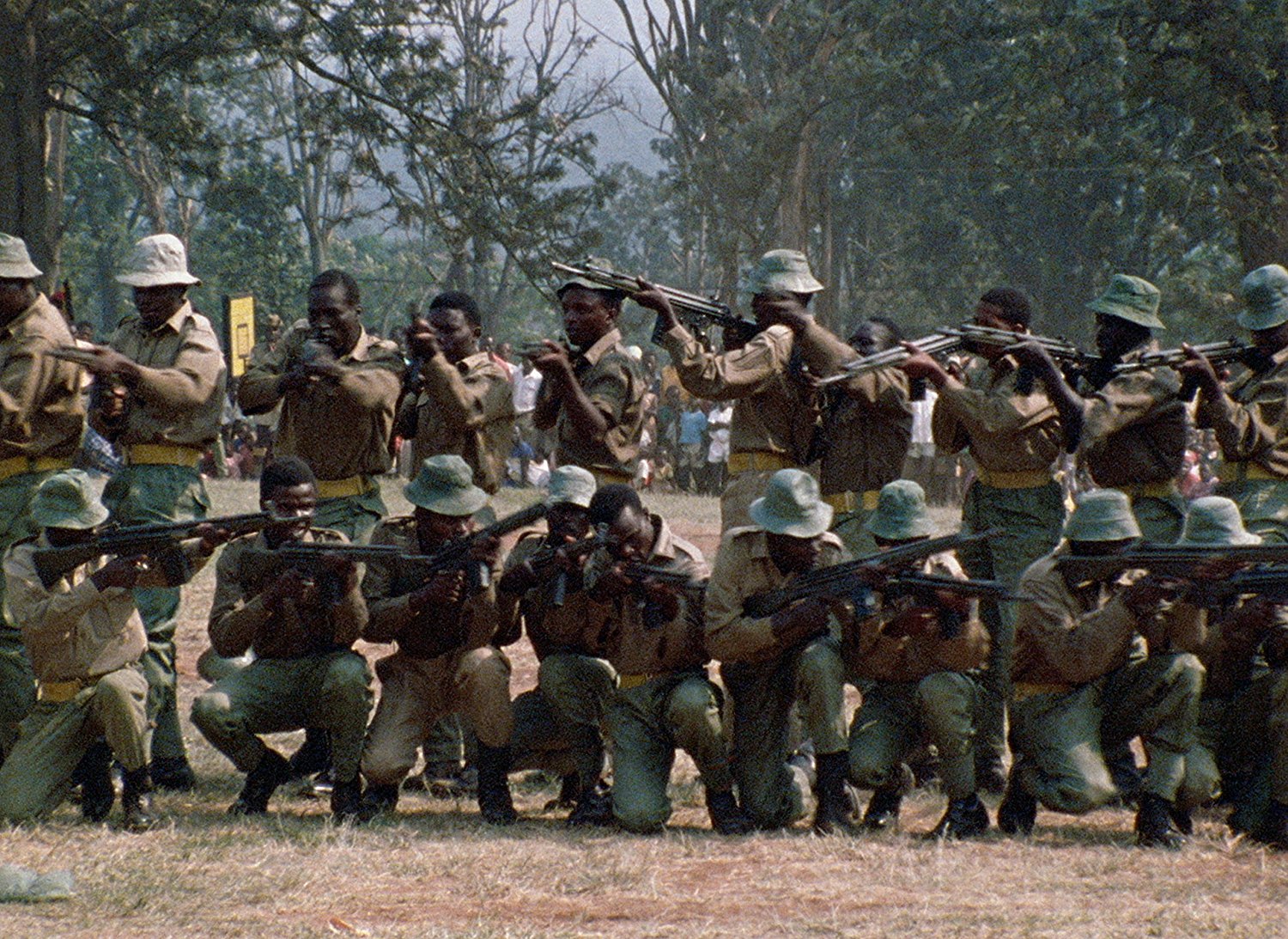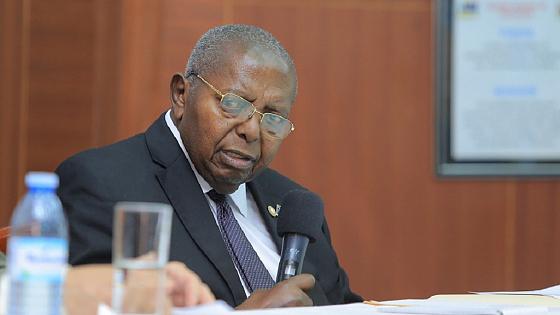He was the embattled CEO of the nation’s premier pension fund, who had joined my former high school, Kings College Budo when I was just leaving in the early 1980s. We, therefore, crossed paths but I had no recollection of him till he was appointed to head a national pension savings fund and some of his classmates aptly reminded me that he had been a schoolmate! They talked of him in awe: a straight ‘A’ student, perennially at the top of his class, who after graduating with a B Com honors degree from Makerere University joined the international audit firm PricewaterhouseCoopers. He had been a star performer right down the line.
As a saver with the fund, long tired of scandals related to mismanagement, I welcomed his appointment with anticipation, happy for his meteoric rise and the energy he brought to the lumbering regulator. There was a new excitement in the air as his brilliance permeated the innovations he rapidly put in place.
Now, extremely brilliant people (there was no doubt about this in his case) have always the danger of moving ahead of their team. Coming from an entrepreneurial background, this CEO made certain decisions contrary to policy, but which were genuinely intended to increase company profit. Decisions always carry the risk of unintended consequences. In most corporate organizations he would at the most have suffered only caution, if any, in the light of being a bright, zealous manager. But then he was managing a government organization with many stakeholders with diverse agendas. He was promptly fired, accused of fraud, and, after a failed court appeal, found himself out of work for almost six years, having been given a new address at Luzira Maximum Security Prison!
Friends in need!
Once he lost his appeal, social media went into overdrive almost immediately. Some commenters applauded the fight against corruption that could lead to the jailing of a once big man. For others, this occurrence presented an opportunity to take on the hypocritical government, which had not apprehended other big shots who were known to be well-connected.
As I pored over all the comments, I noticed that the man was now being discussed in the abstract, or, well, in terms that would befit a roadside carcass, that had done its pitiful part and that it was no longer very relevant to discuss. It was now time to move on! It is then that a question occurred to me, rather forcefully: Where are his classmates? Surely, at this low point in one’s life, one needs friends to come over and throw their arms around one – without judging.
Today, social media platforms, which at best are businesses looking at numbers, have reconfigured – to use a cold, inanimate word – the meaning of being a friend. One person recently told me he had stopped ‘accepting new friends’ as he had ‘too many friends’ on Facebook. He needed to apply to Facebook to ‘accept more friends!
WhatsApp chat rooms have birthed a new space where ‘friends’ can chat throughout the day and wait for that positive affirming feedback in colorful emoji. A number of chat rooms I happen to be enrolled on can’t ‘accept more friends’ because they are filled to capacity. The debate is migrating to Telegram, which has features that accept more ‘friends’!
But, think of it, are these friends? What is the true meaning of a ‘friend’? If you may permit me to say, I have found that we value many of these social media platform ‘friends’ because they are not in our physical space. The comfortable thing about such ‘friendships’ is that we interact in a virtual world where we are in control. But if we find ourselves in a heated disagreement with these ‘friends’ it is time to exit. They are make-me-feel-good ‘friends’. We value them for the jokes and for forwarding self-affirming messages. However, should they raise a discussion on, say, contributing money to ‘one friend in need’, there is disquiet and a loss of interest. This will last until the jokes and self-affirming messages crowd out those ‘friends’ who disturb the peace.
The meaning of friendship
‘Who are your friends?’ I remember that question being asked whenever I was in trouble with my ever ‘complex parents’ when I was still in school. My perennially boring parents often counselled me in terms of ‘tell me your friends and I tell who you are!’ Their advice was to pick friends carefully. I thought they were stressing me.
In the Bible we find another idea of being a friend. A rich tycoon named Job once fell on hard times. It so happened that there were only three companions who took time off to visit and console him. Unfortunately, some of their advice was critical rather than uplifting. When one is down, one needs friends who make time to stand with one, not to condemn one. Jesus, as well, is recorded as having fed thousands of people at one point. But when misfortune befell him, he had only three to pray with, and one later betrayed knowledge of him in the heat of battle.
All of which brings me to a story that has stayed with me all my life. A man once had a son who always complained that he was not good because he was not popular like some kids who boasted of having a classroom of friends. The father sat the young man down and advised: ‘Son, if you can get enough pair of arms in life that you can trust to lift your casket, you would have done well, for those are all the friends you need. And six people can do a pretty good job.’
In 1966 the King of Buganda, Ssekabaka Edward Mutesa II, had his palace attacked by Uganda central government soldiers. He and my family were ‘close friends’ and the king had, in fact, entrusted a number of his children, of both sexes, to my uncle, who was one of his chiefs, to raise them. In order to escape, Mutesa had to scale the high palace fence and flee in the dark. The story is this: As the fallen king ran for his life he turned to his ‘close friends’ to come to his aid. So he stopped somewhere and called a certain house. But when ‘the friends’ heard that it was the embattled Mutesa calling, well, they started laughing, while sipping cognac, and jeered: ‘Mutesa is on the line.’ He heard. He hung up. He moved on. Alone in the dark.
Where were all the king’s friends, now that he was on the run? Have you ever realized that lots of ‘our friends’ are valued only while ‘the friends’ are still at the top and have the means to influence things in our favour. How we like associating ourselves with that ‘friend’ whom everyone is dying to be ‘friends’ with! And have you seen how people desert the ‘friend’ who no longer has anything they can benefit from? If you think you have friends, get into trouble one day!
True friends to the end!
A ‘friend’ of mine had a rich father who was rather prematurely diagnosed of prostate cancer and given only so many days to live. As his health worsened, the father gave up his mansion and took up a small hospital room, where he spent most days alone with his best friend. His wife would bathe him, shave, dress him in neat pajamas, and then prop up his head on snow-white pillows. Both waited for what would happen next. Almost every day, at about 2 p.m., two of his old classmates would walk into the private hospital room. There they would tease each other, laugh, crack jokes and reminisce about the good old days when they were young and full of life. And then sleep came over the patient. The friends stood up, bowed and gently walked away. ‘My Dad died with a smile on his lips,’ I was told.
May God help us find friends such as those!










